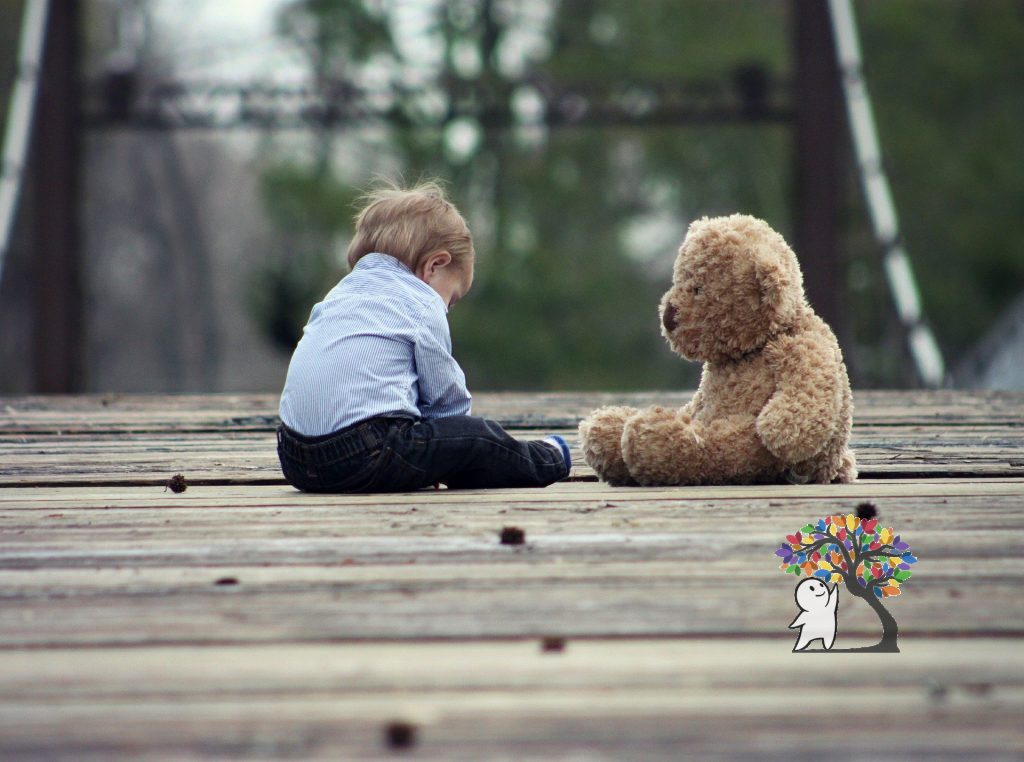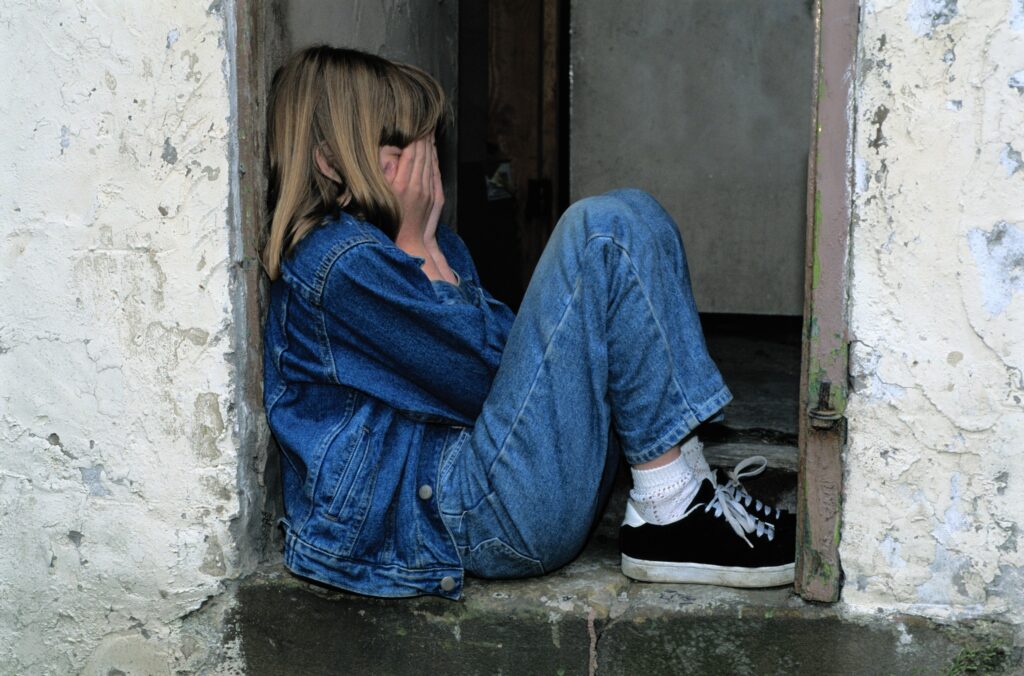7 Toxic Things Parents Do to Their Children

7 Toxic Things Parents Do to Their Children
Honestly, growing up as a kid can be a bit rough at times. However, there can be certain contributing factors that make growing up either better or worse. Some of us are fortunate to have a healthy relationship with our parents while others may grow up having toxic parents.
So, what is toxic parenting? It often refers to the negative parental behavior that inflicts emotional harm to a child which affects their emotional well-being (Butler, 2020). Additionally, Baumrind (1983) mentions of how children may suffer from low self-esteem and low initiative when growing up in a restrictive and authoritarian environment. They may also suffer from other negative effects if exposed to toxic parenting. Thus, this article will go through some things parents do to their children that might be considered unhealthy for them.
1. They Over-control Their Kids
There is a difference between being an authoritative figure and being over-controlling. This usually involves parents who are overly strict with their children and want them to act or behave a certain way. Although discipline is common in upbringing, the toxic trait of an over-controlling parent is that the child often has little to no choice which can lead to unhappiness (Lancer, 2020).
2. They Disregard Their Child’s Boundaries
As parents, it is normal for them to be invested and caring about the aspects of their child’s life. However, some parents take it to another level where it becomes toxic. What does this mean? So, everyone has their personal boundaries and privacy, right? Well a toxic parent does not respect those boundaries. Instead, they invade so much into their child’s personal life that their child may begin to feel uncomfortable. Whether out of love or care, parents should avoid overstepping healthy boundaries (Jackson, 2020)
3. They Are Too Critical Towards Their Child
Ever felt like nothing you did was ever good enough? Well that can be a result of having an overly critical parent. The toxic thing about this is that even when you feel like you have tried your hardest and your best, your effort is overlooked by their perception of your “failure” instead. It can feel very discouraging when our efforts are not acknowledged. Research has also shown that children need a form of support and encouragement from parental figures (Martin, 2020).
4. They Refuse to Understand Their Child’s Perspective
Although it is not uncommon to have disagreements between parent and child, a toxic parent usually fails to put in the effort to understand their child’s perspective. Instead, they only have what they want in mind. Having an unreasonable parent can be tough for a child as they may have a difficult time communicating with their parents. Despite this, a little effort from both parties can go a long way.
5. They Manipulate Their Kids Without Even Knowing It
Whether is it guilt-tripping or other forms of emotional blackmail, manipulation is one of the things toxic parents do. The most common tactic of manipulation would be the use of money. As children rely on their parents for money, it can be used as a form of blackmail. It often is used to make their kids behave according to their expectations. Other than this, there’s always the common narrative of ‘not wanting to let your parents down’ (Thorpe, 2020).
6. They Give Their Child the Silent Treatment
Familiar with silent treatment? Well this exactly the same. Earlier we mentioned that disagreements are common between parent and child in the phases of growing up. However, a toxic thing that can be common in parents, is shutting themselves out after a fight with their children. Being unable to communicate the differences is considered to be unhealthy in any form of a relationship. It is also worse for a child because they usually learn from a parental figure (Chavez, 2020).
7. They Give In to their Child’s Every Demand
What does it mean to spoil a child? It often means to give in to a child’s demand or desire to a point where the child begins to feel deserving of things. Now what makes this unhealthy? Well it can have several negative effects on a child. One of them being depending on others for things and expecting it. They may also start to have the mentality that things are handed to them instead of working hard for what they want.

Now that you have read through some of the unhealthy things parents do to their children, have you encountered any while growing up? Most of the time, our parents want the best for us. However, what they think is the best may or may not sometimes be right for us. On the other hand, we may yet understand their perspectives and actions as well.
According to Hesari & Hejazi (2011), the traits and attitudes of a child depend on the style of parenting used to raise them. However, what defines a healthy way of parenting may still be subjective. More importantly, we must remember that most matters can be solved through healthy communication and appropriate forms of action.
References
Baumrind, D. (1983). Socialization and instrumentals competence in young children .In W.diamon (Ed.), Social and Personality Development (pp.197-211).New York: W.W. Norton
Butler, C. (2020). 4 Ways to Correct Toxic Parenting. Quick and Dirty Tips. Retrieved 20 February 2020, from https://www.quickanddirtytips.com/parenting/behavior/4-ways-to-correct-toxic-parenting.
Chavez, H. (2020). 13 Signs of A Toxic Parent That Many People Don’t Realize. Lifehack. Retrieved 20 February 2020, from https://www.lifehack.org/350678/13-signs-toxic-parent-that-many-people-dont-realize.
Hesari, N., & Hejazi, E. (2011). The Mediating Role of Self Esteem in the Relationship Between the Authoritative Parenting Style and Aggression. Procedia – Social And Behavioral Sciences, 30, 1724-1730.
Jackson, G. (2020). 10 Signs You Have A Toxic Parent. HealthyWay. Retrieved 27 February 2020, from https://www.healthyway.com/content/signs-you-have-a-toxic-parent/.
Lancer, D. (2020). 12 Clues a Relationship with a Parent Is Toxic. Psychology Today. Retrieved 20 February 2020, from https://www.psychologytoday.com/sg/blog/toxic-relationships/201808/12-clues-relationship-parent-is-toxic.
Martin, S. (2020). 15 Signs You Have Toxic Parents. Psych Central.com. Retrieved 20 February 2020, from https://blogs.psychcentral.com/imperfect/2018/07/15-signs-you-have-toxic-parents/.
Thorpe, J. (2020). 9 Signs You Have A Toxic Parent. Bustle. Retrieved 20 February 2020, from https://www.bustle.com/articles/109435-9-signs-you-have-a-toxic-parent.



Responses